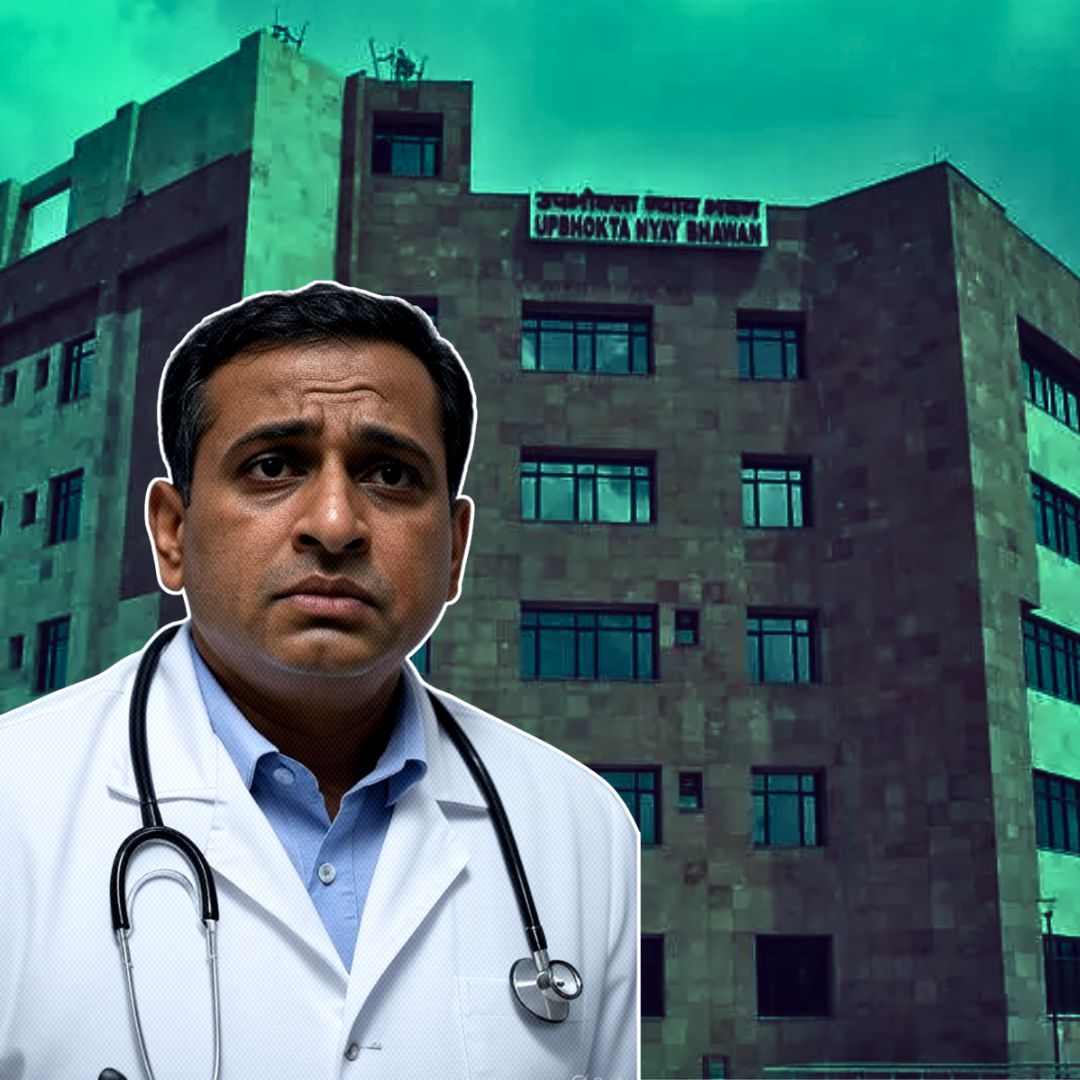The Chennai North District Consumer Disputes Redressal Commission has directed a city-based hospital and a gynaecologist to pay Rs 33.75 lakh in compensation after a premature baby lost all five fingers on his right hand due to gangrene. The compensation includes Rs 23.65 lakh for medical expenses, Rs 10 lakh for pain and suffering, and Rs 10,000 for litigation costs.
The Commission held that the hospital and doctor were negligent for performing a cervical pessary procedure without proper informed consent or adequate medical justification. The mother was 22 weeks pregnant and undergoing fertility treatment when the procedure was conducted, which led to premature delivery at 24 weeks and subsequent complications.
Hospital and Doctor Held Liable for Medical Negligence and Consent Violations
The Commission found that neither the hospital nor the gynaecologist adequately explained the emergency nature of the cervical pessary procedure—a device used to prevent premature birth by supporting the cervix. Crucially, the mother’s informed consent was not obtained, violating basic patient rights and medical ethics.
The premature birth at 24 weeks resulted in NICU admission, where the baby quickly developed gangrene in the right hand, leading to the amputation of all five fingers. The judgment emphasises that informed consent is indispensable, especially for invasive procedures in high-risk pregnancies, and the failure to ensure this was a clear act of negligence.
Incident Background: From Fertility Treatment to Premature Delivery
The young mother, undergoing fertility treatment, had the cervical pessary device inserted without documented clinical urgency or proper consent. The device’s insertion triggered preterm labour at 24 weeks, causing the infant severe complications immediately after birth.
The gangrene, caused by loss of blood supply to tissues, progressed rapidly in the neonatal intensive care unit. Neither the hospital nor the doctor has publicly responded to the ruling, highlighting a need for greater accountability and transparency in maternity care.
Expert Advice: Importance of Informed Consent and Vigilant Maternity Care
Medical experts underscore that informed consent is not merely a formality but a fundamental right and ethical obligation. Dr. Suresh Kumar, Neonatologist, National Neonatology Forum of India, had said during a speech at National Conference on Neonatal Care, 2022, “Premature infants are especially vulnerable to complications. Early intervention should be cautiously balanced with thorough parental counselling. Any procedure that may lead to premature delivery must follow strict consent protocols to safeguard both mother and baby.”
Experts also stress rigorous monitoring of fertility and high-risk treatments, recommending standardized protocols to minimise complications.
Consumer safety advocates highlight the criticality of enforcing patient rights under the Consumer Protection Act, 2019, which reinforces the “Right to Safety” and mandates transparency from healthcare providers. The Central Consumer Protection Authority (CCPA) plays a vital role in ensuring such safeguards are respected, reminding medical institutions of their responsibilities towards ethical patient care.
The Logical Indian’s Perspective
This ruling reiterates the non-negotiable importance of transparent communication and respect for patient autonomy in healthcare, especially during vulnerable periods like pregnancy. The physical and psychological suffering endured by the family is a stark reminder of the human costs of medical negligence. Healthcare providers must be held accountable to avoid recurrence and must embed empathy and ethics into all interventions.
The Logical Indian advocates for stronger enforcement of consent protocols and greater public awareness about patient rights.











